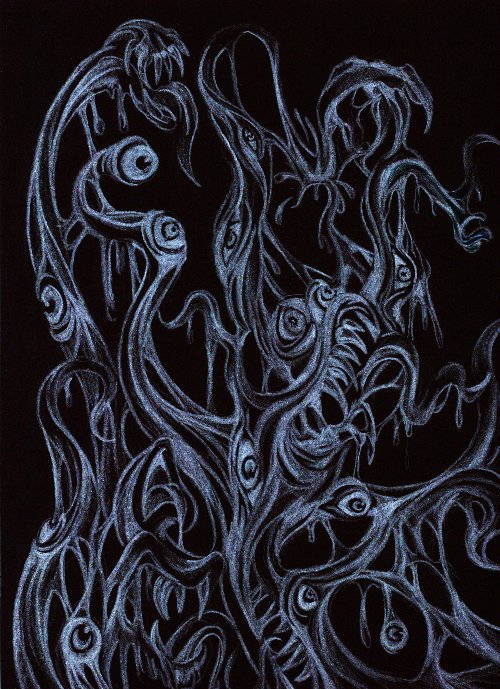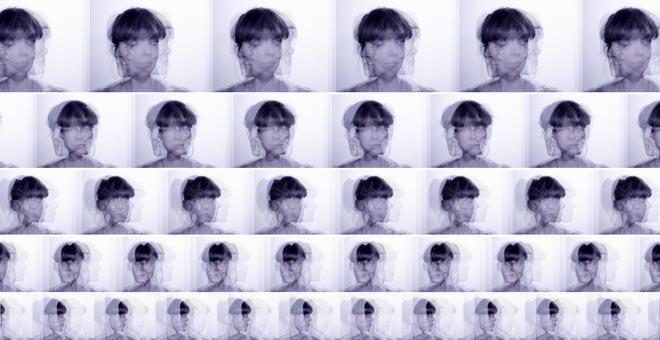
Strong Evaluation Without Sources
On Charles Taylor’s Philosophical Anthropology and Cultural Moral Realism
by Arto Laitinen
- Department of Social Sciences and Philosophy/Sociology, University of Jyväskylä
- 373 pages
This study examines three central claims by Charles Taylor: 1) strong
evaluations are inescapable for human beings; 2) strong evaluations are best
interpreted in a pluralist, moral realist and 'cultural' way; 3) such cultural moral
realism must ultimately rely on some 'constitutive goods'/'moral sources'. The
first two claims are defended in this study in a qualified form, but the third one
is criticized and rejected after close scrutiny.
The first part of the study examines some central concepts of philosophical
anthropology (human agency, personhood, identity, interpersonal recognition)
and asks how the notion of 'strong evaluation' can illuminate them. Taylor's
concept of 'strong evaluation' refers to value-judgements and evaluations which
are based on qualitative distinctions concerning the worth of options. The first
chapter is a detailed examination of this concept; criticizing some of Taylor's
own characterizations, defending Taylor against Kantian criticisms, but
suggesting a more extended theory than Taylor's own (making room for e.g.
'small values' and deontic norms). The next chapters specify and defend in
qualified form Taylor's views that human agents are inevitably strong
evaluators, and that they ought to have the basic moral status of persons, and
that a person's 'identity' consists of strong evaluations. Interpersonal
recognition is analyzed in this study in terms of norms and values.
Misrecognition an inadequate response to the relevant norms and values.
The second part of the study develops a novel 'cultural moral realist'
approach to ethics, claiming that values are relational, dependent on subjects
and cultures, but that cultural relativism, internalism, and non-objectivism are
wrong in restricting the validity of values. The moral theory defended covers
questions of the universal validity and relational ontology of goods, cultural
diversity, plurality, generality, and the incommensurability of goods, moral
knowledge and personal orientation. It draws upon the work of Taylor, John
McDowell, and Joseph Raz. The central thesis is that cultural moral realism
does not need any 'moral sources' or 'constitutive goods'.
Keywords: strong evaluation, Charles Taylor, person, identity, recognition,
cultural relativism, subject-dependence, moral realism, moral sources,
constitutive goods, pluralism, universalism, ethics, philosophical anthropology.
link


















































